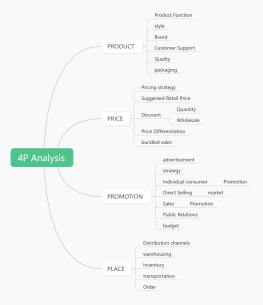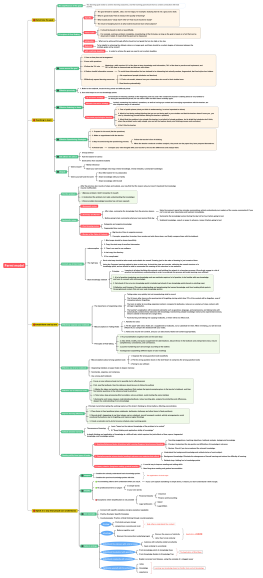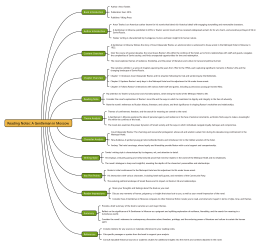
Study Notes for Investment
0 Report
This comprehensive guide to investment study notes provides an in-depth overview of key investment principles and strategies. It begins with an introduction to investments, covering the definition, types (stocks, bonds, real estate, commodities), and the crucial tradeoff between risk and return. Fundamental concepts such as the time value of money, risk management through diversification and asset allocation, and the principles of market efficiency and behavioral finance are elaborated. For stock market investments, the guide explains the basics of shares, exchanges, and indices, along with valuation methods like the price-to-earnings ratio and dividend discount model. Various investment strategies, including value, growth, and momentum investing, are also discussed. The bond market section details different types of bonds (government, corporate, municipal), bond valuation techniques, and associated risks like interest rate and credit risk. Real estate investments are explored through types (residential, commercial, REITs), valuation methods (cap rate, net operating income), and financing options (mortgages, leverage). The section on alternative investments includes commodities (gold, oil, agricultural products), private equity, venture capital, hedge funds, and derivatives. Investment strategies are contrasted between long-term investing versus short-term trading and passive versus active investing, highlighting the importance of portfolio management, asset allocation, and rebalancing. Risk management is thoroughly covered, emphasizing risk assessment, risk tolerance, insurance, hedging strategies, and contingency planning. Investment analysis is detailed through financial statement analysis (balance sheet, income statement, cash flow statement), company and industry research, and technical analysis using charts, trends, and indicators. Finally, the guide addresses ethics and regulation, including a code of ethics for investors, the regulatory framework (SEC, FINRA, FCA), and issues like insider trading and market manipulation. By incorporating these insights, investors can make informed decisions, manage risks effectively, and adhere to ethical standards, ultimately enhancing their investment success.
Related Recommendations
Other works by the author
Outline/Content
See more
Introduction to Investments
Definition of Investment
Types of Investments: Stocks, Bonds, Real Estate, Commodities, etc.
Risk and Return: The Investment Tradeoff
Fundamental Concepts
Time Value of Money: Present Value, Future Value, and Compound Interest
Risk Management: Diversification, Asset Allocation
Market Efficiency and Behavioral Finance
Stock Market Investments
Stock Market Basics: Shares, Exchanges, Indices
Valuation Methods: Price-to-Earnings Ratio, Dividend Discount Model
Investment Strategies: Value Investing, Growth Investing, Momentum Investing
Bond Market Investments
Types of Bonds: Government Bonds, Corporate Bonds, Municipal Bonds
Bond Valuation: Yield to Maturity, Coupon Rate
Bond Risks: Interest Rate Risk, Credit Risk
Real Estate Investments
Types of Real Estate Investments: Residential, Commercial, REITs
Real Estate Valuation: Cap Rate, Net Operating Income
Real Estate Financing: Mortgages, Leverage
Alternative Investments
Commodities: Gold, Oil, Agricultural Products
Private Equity and Venture Capital
Hedge Funds and Derivatives
Investment Strategies
Long-Term Investing vs. Short-Term Trading
Passive vs. Active Investing
Portfolio Management: Asset Allocation, Rebalancing
Risk Management
Risk Assessment and Risk Tolerance
Insurance and Hedging Strategies
Contingency Planning and Emergency Funds
Investment Analysis
Financial Statement Analysis: Balance Sheet, Income Statement, Cash Flow Statement
Company and Industry Research
Technical Analysis: Charts, Trends, Indicators
Ethics and Regulation
Code of Ethics for Investors
Regulatory Framework: SEC, FINRA, FCA, etc.
Insider Trading and Market Manipulation

Collect

Collect

Collect

Collect

0 Comments
Next Page



